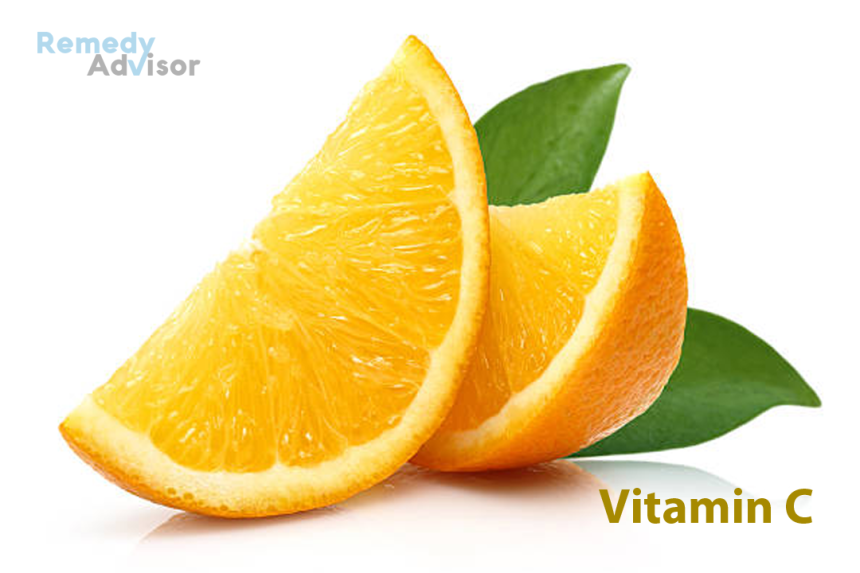Vitamin C is often heralded for its possible role in fighting colds and boosting the immune system, but what about high blood pressure? Scientists were not about to pass up the opportunity to determine whether this popular antioxidant could help fight one of society’s greatest health issues. Scores of studies have been conducted, and the consensus seems to be that vitamin C can help lower blood pressure, but not by a lot.
Let’s consider the results of a meta-analysis con- ducted by a team from Johns Hopkins School of Medicine. They evaluated the findings from twenty-nine clinical trials that examined the effects of vitamin C supplementation on blood pressure. Overall, use of vita- min C supplements (average dose: 500 mg/day for 8 weeks) yielded a 4.85mmHg drop in systolic and a 1.67 mmHg drop in diastolic blood pressures in people with high blood pressure.
Let’s look at vitamin C and blood pressure from a slightly different angle. This time let’s consider a study of nearly twenty-one thousand adults who participated in the Cancer Norfolk Study, which reported on the association between plasma vitamin C concentrations and blood pressure. The authors discovered that people with high vitamin C concentrations had lower blood pressure and that “there seems to be a robust connotation in between vitamin C concentrations, a sign of fruit and vegetable consumption, and a lower level of blood pressure.” These findings are supported by other studies as well.
Thus it appears that no matter how you slice or dice it, higher levels of vitamin C are associated with lower blood pressure. According to one of the study’s researchers, Edgar R. Miller III, MD, PhD, “Though our review found just a modest influence on blood pressure, if the whole US population decreased blood pressure by 3 [points], there might be a lot fewer strokes,” and that can only be a good thing.
An Italian study added more support for the use of vitamin C in essential hypertension. The authors administered intravenous vitamin C or placebo to thirty two untreated patients with essential hypertension and twenty individuals with normal blood pressure. Vitamin C significantly lowered blood pressure (mean of 4.9 mmHg) in the individuals who had hypertension but not in those with normal blood pressure.
How to Use Vitamin C
So how much vitamin C should you take as a supplement? Assuming you are getting a decent amount of vitamin C from your diet, about 250 to 500 milligrams daily is suggested. (The RDA for women is 75 mg; and for men, 90mg). According to Andrew Weil, most healthy individuals can only retain and utilize about 250 milligrams of vitamin C each day, while any excess is eliminated in the urine. Researchers in a study published in the American Journal of Therapy note that 500 milligrams per day is a suggested dose and that higher dosing does not appear to provide any additional blood-pressure-lowering benefits.







